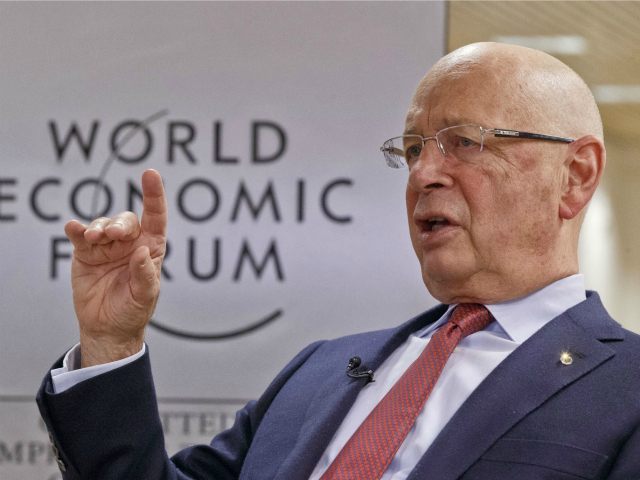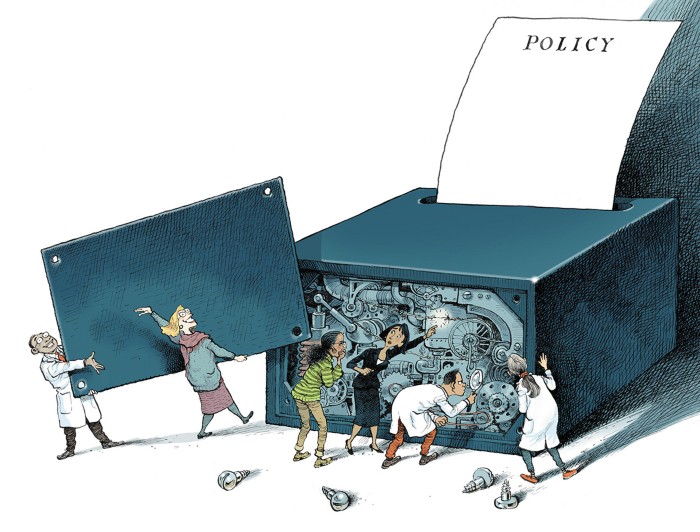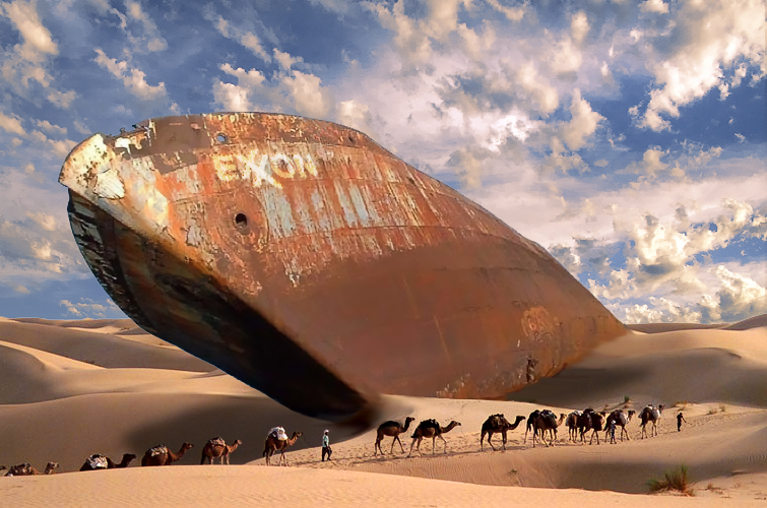It’s more hands-on than soup kitchens or free-food giveaways, it strengthens the commons — and you can even do it during a pandemic.
It’s called foodsharing, and the way it’s growing in Gothenburg, Sweden, just might be a model for the rest of the world.
Taking root
Foodsharing is a practice developed in Germany, where volunteers visit grocery stores, bakeries, restaurants, and other such businesses, to collect high quality food that would otherwise have been thrown away.
Foodsharing groups give away food in various ways — sometimes through short events and sometimes through public or semi-public pantries or fridges.
Although making use of excess food is not new as a practice, a German website, Foodsharing.de, has enabled community groups to form quickly and organize effectively.
The phenomenon has since moved to non-German-speaking countries with the help of Karrot, a website that enables groups of people to organize around collecting and distributing things — such as old clothes, bicycles and food — that would otherwise be thrown away.
“Solidarity Fridge”

Gothenburg, Sweden’s second largest city, is home to a variety of initiatives that support resource sharing between individuals.
This includes the foodsharing group Solikyl, which reorganized its practices as the pandemic swept the country, learning how to minimize exposure to the virus, while also expanding its partnerships.
Solikyl — which translates as “solidarity fridge” — organizes itself as a food commons. Unlike traditional charities, which rely on volunteers to collect and distribute food to clients, Solikyl and other foodsharing groups organize themselves to help one another.
Thus, the people visiting the grocery stores to pick up food donations are also allowed to use the food themselves.
…click on the above link to read the rest of the article…













